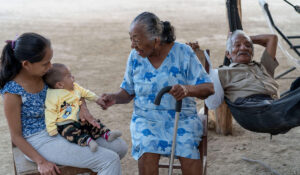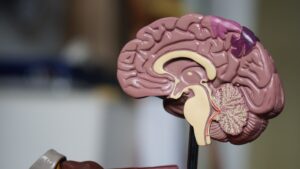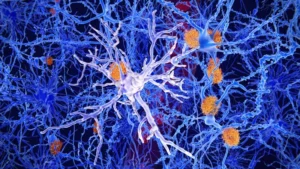Racial disparities in dementia are due to social determinants of health, with genetic ancestry playing no role, according to a new study led by researchers at Washington University School of Medicine in St. Louis.
Racial disparities in dementia determined by social factors (Links to an external site)








